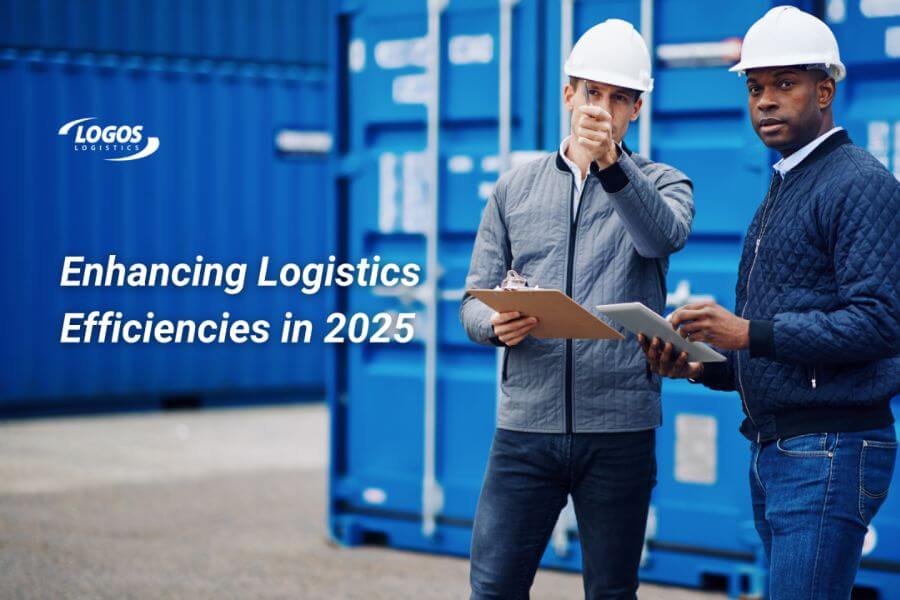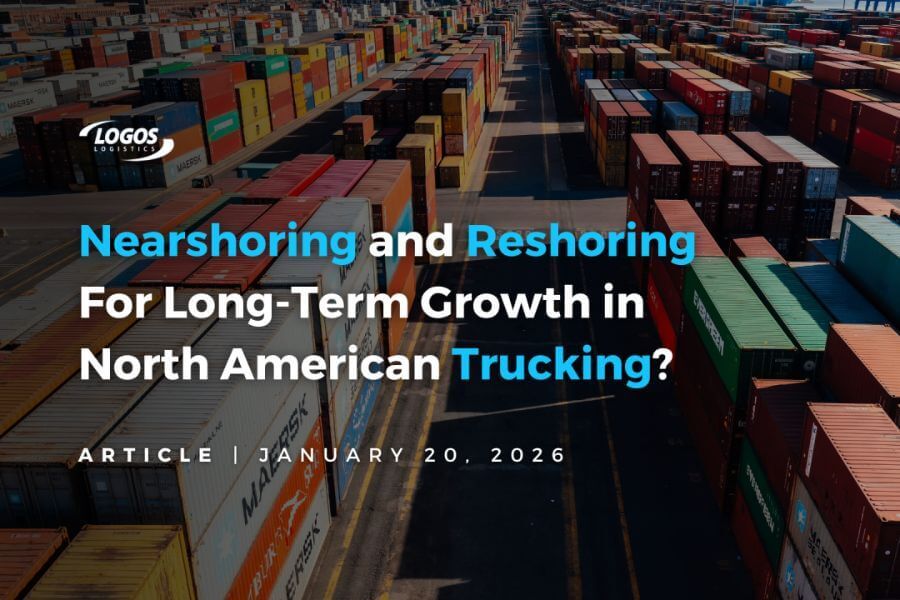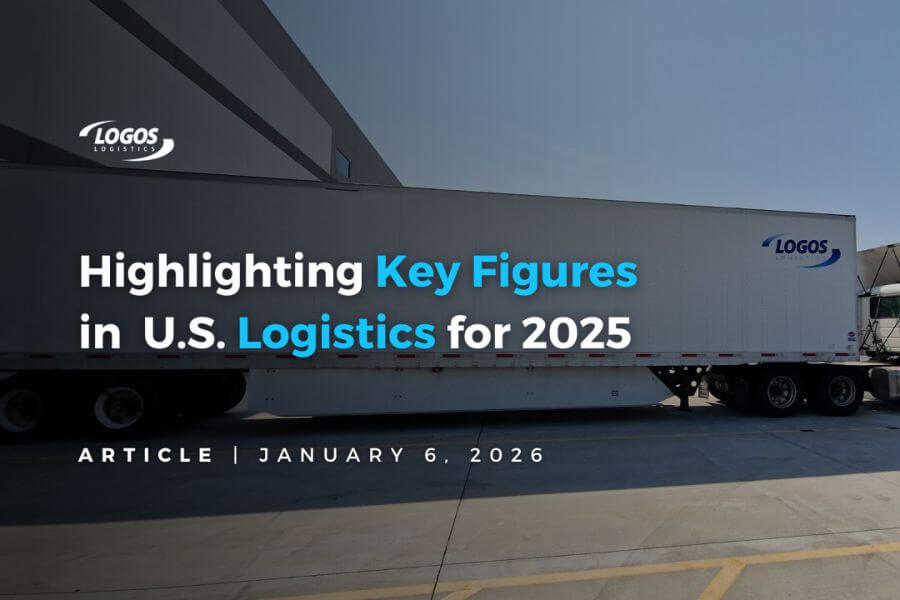>>> Read newsletter on LinkedIn <<<
Logistics companies are at the forefront of driving unprecedented efficiencies for their clients, leveraging cutting-edge technologies and innovative strategies. The logistics industry has always been the backbone of global commerce, but today, it is transforming businesses by optimizing operations, reducing costs, and improving service delivery.
This article explores the key advancements and trends that logistics companies are using to enhance their efficiency.
1. Advanced data analytics and AI
Artificial Intelligence (AI) and data analytics continue to be game changers in the logistics sector. Companies are utilizing AI to predict demand, optimize routes, and manage inventory more effectively. Predictive analytics enable logistics managers to anticipate issues before they arise, adjusting resources proactively to avoid delays. For example, AI algorithms analyze weather data, traffic patterns, and vehicle conditions to suggest optimal routing to drivers in real-time, thereby reducing fuel usage and improving delivery times.
2. Internet of Things (IoT) integration
The Internet of Things (IoT) has turned ordinary objects into smart, interconnected devices that offer real-time insights. In logistics, IoT devices monitor everything from the temperature of shipped goods to the operational status of vehicles. Sensors attached to cargo can send alerts if the conditions deviate from the required standards, ensuring product integrity. Additionally, IoT technology helps in fleet management by tracking vehicle health, which minimizes downtime and extends the lifespan of logistics assets.
3. Automated and robotic systems
Automation in logistics has progressed beyond simple mechanical tasks to more complex operations. Automated guided vehicles (AGVs) and drones are now commonplace in warehouses and distribution centers, improving the speed and accuracy of picking and packing processes. Moreover, robotics technology is increasingly being integrated into loading and unloading procedures, significantly reducing manual labor and enhancing safety.
4. Green logistics
Sustainability has become a critical focus area for logistics companies aiming to reduce their environmental impact. Green logistics involves several strategies such as using alternative fuels, electric vehicles, and optimizing delivery routes to minimize emissions. Furthermore, logistics firms are investing in carbon offset programs and enhancing warehouse operations to be more energy-efficient, which not only helps the planet but also attracts eco-conscious clients.
5. Enhanced customer experience
Efficiency in logistics now also encompasses an improved customer experience. Real-time tracking systems allow customers to see the precise location of their goods, providing transparency and peace of mind. Logistics companies are also using advanced Customer Relationship Management (CRM) systems that offer tailored solutions based on customer data, enhancing satisfaction and retention.
6. Collaborative logistics
The concept of shared logistics facilities and resources among non-competing businesses is gaining traction. This approach not only reduces costs by pooling resources such as storage space and transportation but also improves efficiency through shared knowledge and technology. Collaborative logistics enables smaller players to compete more effectively by leveraging the scale and capabilities that were previously only available to larger companies.
7. Blockchain technology
Blockchain is becoming increasingly prevalent in logistics to enhance transparency and security. This technology offers an immutable ledger, ideal for tracking products through complex supply chains. It ensures that all parties — from manufacturers to end consumers — can verify the authenticity and status of products without the possibility of data tampering.
As we progress through 2025, logistics companies continue to be at the helm of technological innovation, transforming the landscape of global trade and commerce. The integration of AI, IoT, automation, and sustainable practices is not just improving operational efficiencies but is also setting new standards for reliability and customer service in the logistics industry. These advancements signify a promising future for logistics, steering the world towards a more efficient and responsive supply chain ecosystem.











